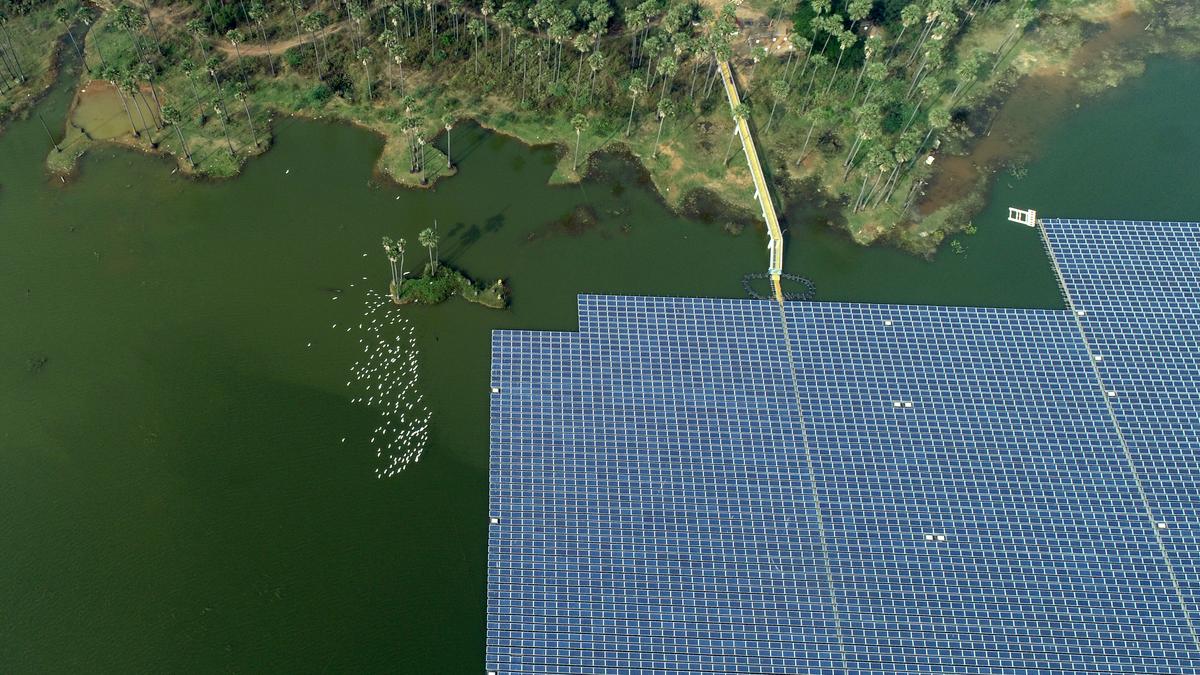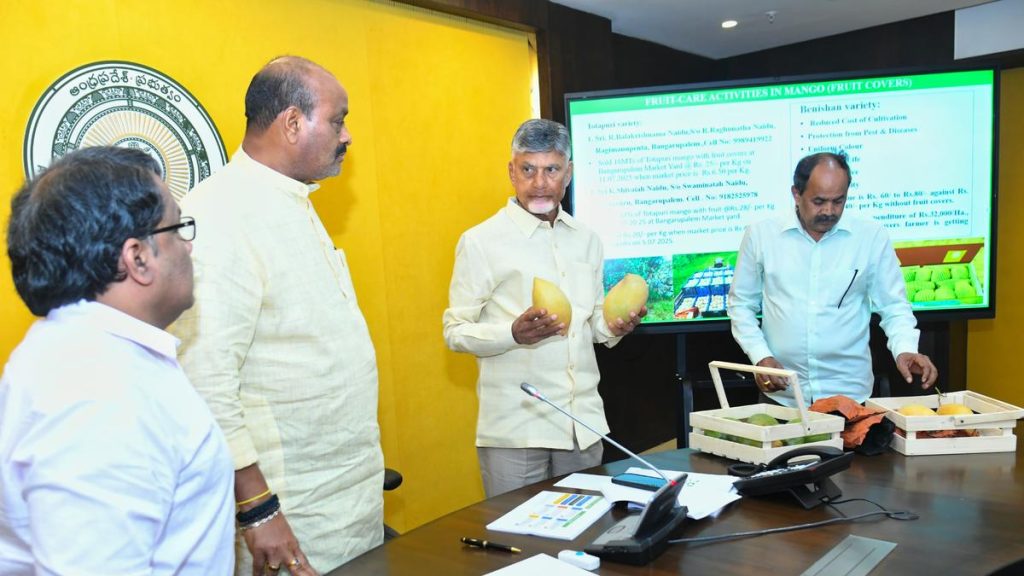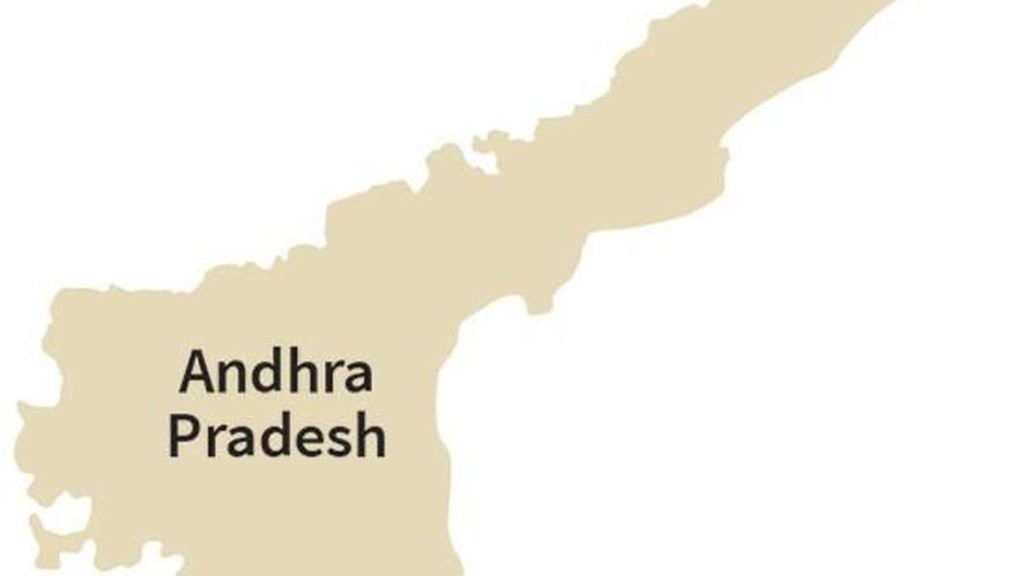Now Reading: Floating Solar Projects Spark Concerns Over Aquatic Ecosystems
-
01
Floating Solar Projects Spark Concerns Over Aquatic Ecosystems
Floating Solar Projects Spark Concerns Over Aquatic Ecosystems

Quick Summary
- Project Details: The government plans to install floating solar panels on 40 lakes in Kolar,Chickballapur,and Bengaluru to generate up to 2,000 MW of renewable energy.
- Benefits: According to the Energy Department, this initiative is expected to reduce lake maintenance costs, boost fisheries, protect against encroachments, and potentially mitigate algal blooms by blocking sunlight at nutrient hotspots.
- Concerns by Experts:
– Environmental impact on aquatic ecosystems due to interference with natural vegetation and sunlight.
– Potential growth of weeds around panel scaffolding and reduced phytoplankton/zooplankton populations.
- Choice Suggestions:
– Install solar panels on barren lands or Category E lakes (lakes unfit for drinking/bathing) instead of more vital waterbodies.
– Tailor implementation techniques specifically for Indian lake conditions. A pilot study is recommended before large-scale deployment.
- Stakeholder Recommendations: Environmentalists and community leaders suggested consulting fishermen who rely on these lakes for livelihood while ensuring birds/wildlife are unaffected.
Indian Opinion Analysis
This ambitious project by the government highlights India’s efforts toward expanding its renewable energy portfolio amid growing climate concerns. While the benefits-such as added protection against encroachments and lower maintenance costs-are noteworthy, expert warnings regarding potential ecological disruptions cannot be overlooked.
The balance between sustainability goals and environmental preservation emerges as a critical challenge here. Floating solar technology has succeeded globally but requires adaptation for india’s unique lake systems marked by diversity in usage patterns and ecological functions.
to proceed responsibly while mitigating risks flagged by scientists like aquatic degradation or food-source disruptions for fish populations:
- conduct comprehensive pilot studies in targeted areas like nitrogen/phosphorus hotspots as suggested.
- Prioritize locations such as barren lands or Category E lakes where ecological impact is minimal.
- Ensure active consultation with local communities dependent on these waterbodies particularly fishermen.
If implemented thoughtfully alongside transparent feasibility results-still unavailable per reports-the long-term implications could set national benchmarks balancing green transitions with ecosystem integrity.
Read More The Hindu























